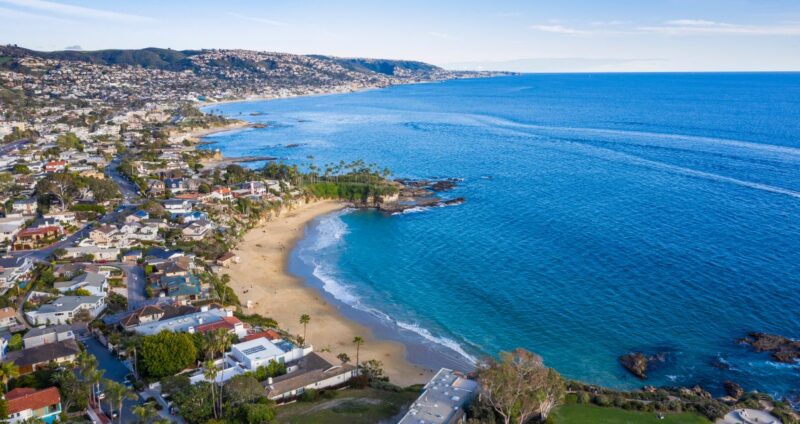by Thomas Buckley at californiaglobe.com
Californian’s often cite the fact that if the state were its own country, it would be the fifth richest nation in the world.
Gov. Gavin Newsom regularly takes this concept to the extreme, only recently saying the “California is where the future is the day before tomorrow.” Or “Tomorrow began yesterday in California.” Or “In California, yesterday was the day after tomorrow.” Or “The future of yesterday is tomorrow’s today.” Or some such nonsense (by the way, I made up the quotes but they do very Gavin, don’t they? Period.. Full stop.)
So let’s take Gavin at his indecipherable words and look at California through the lens (while keeping the puck moving forward) as if it were a country.
Would it be a successful country or what is known as a failed state?
Turns out it is neither, but guess which way it is trending.
Haiti, Somalia, Afghanistan, and Libya are all failed states – they do not have governments to speak of, they cannot provide basic security to their people, their economies, if they exist at all, are black market, etc. Recently, the Haitian prime minister resigned because he couldn’t get back into the country, in part because roving gangs control the airports, amongst other tihngs like the cities, the roads, etc.
And if you remember the movie “Black Hawk Down,” you have a good idea of a failed state.
Also, Lebanon and South Africa could very soon join their ranks.
What, technically, though is a failed state? The general description, as set by groups like the Failed State Index (FSI), is pretty clear:A failed state is a state that has lost its ability to fulfill fundamental security and development functions, lacking effective control over its territory and borders. Common characteristics of a failed state include a government incapable of tax collection, law enforcement, security assurance, territorial control, political or civil office staffing, and infrastructure maintenance. When this happens, widespread corruption and criminality, the intervention of state and non-state actors, the appearance of refugees and the involuntary movement of populations, sharp economic decline, and military intervention from both within and outside the state are much more likely to occur.

